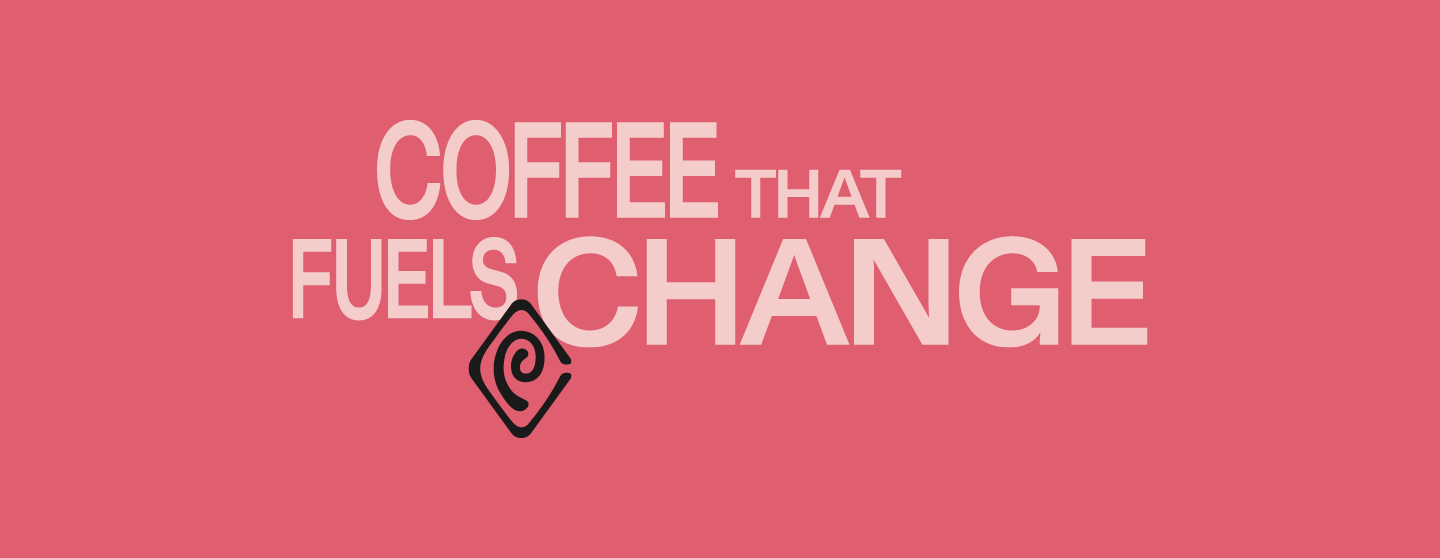

Change Please CIC

London Borough of Southwark, United Kingdom
July 2024
Beverages
Wholesale/Retail
Australia,
France,
United Kingdom
Coffee that fuels change. Founded in 2015, Change Please is an award-winning social enterprise tackling homelessness through the power of social enterprise and great tasting coffee. 100% of our profits help people experiencing homelessness through our Barista Training Programme. We train people experiencing homelessness to become baristas and support them with a living wage job, support with housing, therapy, bank account and onward employment opportunities. Our impact work started in London with a single coffee cart in Covent Garden. This was followed by the opening of the Change Please training academy in Peckham, London, training to Speciality Coffee Association standards. Today, we have grown to 10 coffee bars across London and have big plans to expand. Iin 2021, we launched a new Impact Programmes called Driving for Change, which delivers vital services to the most vulnerable. The services our guests have access to include NHS and oral healthcare nurses, a hairdresser, social support, digital and financial literacy training and inclusion, financial advice, support with employment and much more. We believe that you shouldn’t have to sacrifice taste to help give back and our coffee has won multiple awards, including nine highly coveted ‘Great Taste Awards’. It all starts
Overall B Impact Score
Governance 15.2
Governance evaluates a company's overall mission, engagement around its social/environmental impact, ethics, and transparency. This section also evaluates the ability of a company to protect their mission and formally consider stakeholders in decision making through their corporate structure (e.g. benefit corporation) or corporate governing documents.
What is this? A company with an Impact Business Model is intentionally designed to create a specific positive outcome for one of its stakeholders - such as workers, community, environment, or customers.
Workers 59.5
Workers evaluates a company’s contributions to its employees’ financial security, health & safety, wellness, career development, and engagement & satisfaction. In addition, this section recognizes business models designed to benefit workers, such as companies that are at least 40% owned by non-executive employees and those that have workforce development programs to support individuals with barriers to employment.
What is this? A company with an Impact Business Model is intentionally designed to create a specific positive outcome for one of its stakeholders - such as workers, community, environment, or customers.
Community 35.6
Community evaluates a company’s engagement with and impact on the communities in which it operates, hires from, and sources from. Topics include diversity, equity & inclusion, economic impact, civic engagement, charitable giving, and supply chain management. In addition, this section recognizes business models that are designed to address specific community-oriented problems, such as poverty alleviation through fair trade sourcing or distribution via microenterprises, producer cooperative models, locally focused economic development, and formal charitable giving commitments.
What is this? A company with an Impact Business Model is intentionally designed to create a specific positive outcome for one of its stakeholders - such as workers, community, environment, or customers.
Environment 8.5
Environment evaluates a company’s overall environmental management practices as well as its impact on the air, climate, water, land, and biodiversity. This includes the direct impact of a company’s operations and, when applicable its supply chain and distribution channels. This section also recognizes companies with environmentally innovative production processes and those that sell products or services that have a positive environmental impact. Some examples might include products and services that create renewable energy, reduce consumption or waste, conserve land or wildlife, provide less toxic alternatives to the market, or educate people about environmental problems.
Customers 1.2
Customers evaluates a company’s stewardship of its customers through the quality of its products and services, ethical marketing, data privacy and security, and feedback channels. In addition, this section recognizes products or services that are designed to address a particular social problem for or through its customers, such as health or educational products, arts & media products, serving underserved customers/clients, and services that improve the social impact of other businesses or organizations.